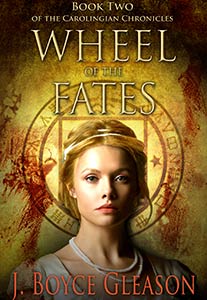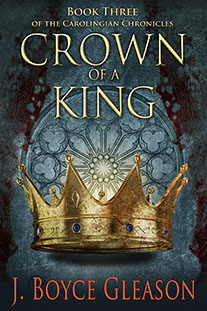“What did you guys talk about?”
“Nothing. We were playing cards.”
“You were there for five hours, somebody must have said something.”
“No…not really. I mean we bet, raised, folded, you know – card stuff.”
“Are you telling me that seven guys got together for five hours and didn’t talk about anything?
“Pretty much.”

Men don’t need to talk. In fact, sometimes I think men communicate better with other men when we don’t. We are content to simply be in each other’s space, to share an experience together. If you think about our pastimes – sports, watching sports, playing cards, fishing, golf, hiking, boating, video games – there’s not a lot of talking going on. Silence is a virtue we share in such moments.
That doesn’t mean we never talk to each other, but if we do, it is usually to tell a story, or exchange banter. Both communicate volumes about what we think is important and how we relate to each other. If I don’t like you, I won’t bother to chump you down. If I did, it would just be mean. Men don’t need to talk. In fact, sometimes I think men communicate better with other men when we don’t. We are content to simply be in each other’s space, to share an experience together. If you think about our pastimes – sports, watching sports, playing cards, fishing, golf, hiking, boating, video games – there’s not a lot of talking going on. Silence is a virtue we share in such moments.
That being said, I think men are less verbally challenged than we used to be. Perhaps it is because our culture allows for more expression – and a broader range of expression – than we used to. Men are no longer stuck in the rigid macho box we used to live in. I freely admit to being a romantic slob who gets sentimental (read “cries”) at the movies and at just about every family gathering. And as I get older, I find myself comparing health and family issues with friends in a way that would have been unthinkable in my parent’s generation.
But, there is something about silence that still speaks to me. The quiet of an early morning golf game as the mist lifts off the fairway; the hush that surrounds a raise when the table is full of chips, the brief flutter of a sail in a spring wind as it stretches tight against the boom and the boat surges forward. To share those moments, maybe that’s enough.




 by Jack Ridl
by Jack Ridl

